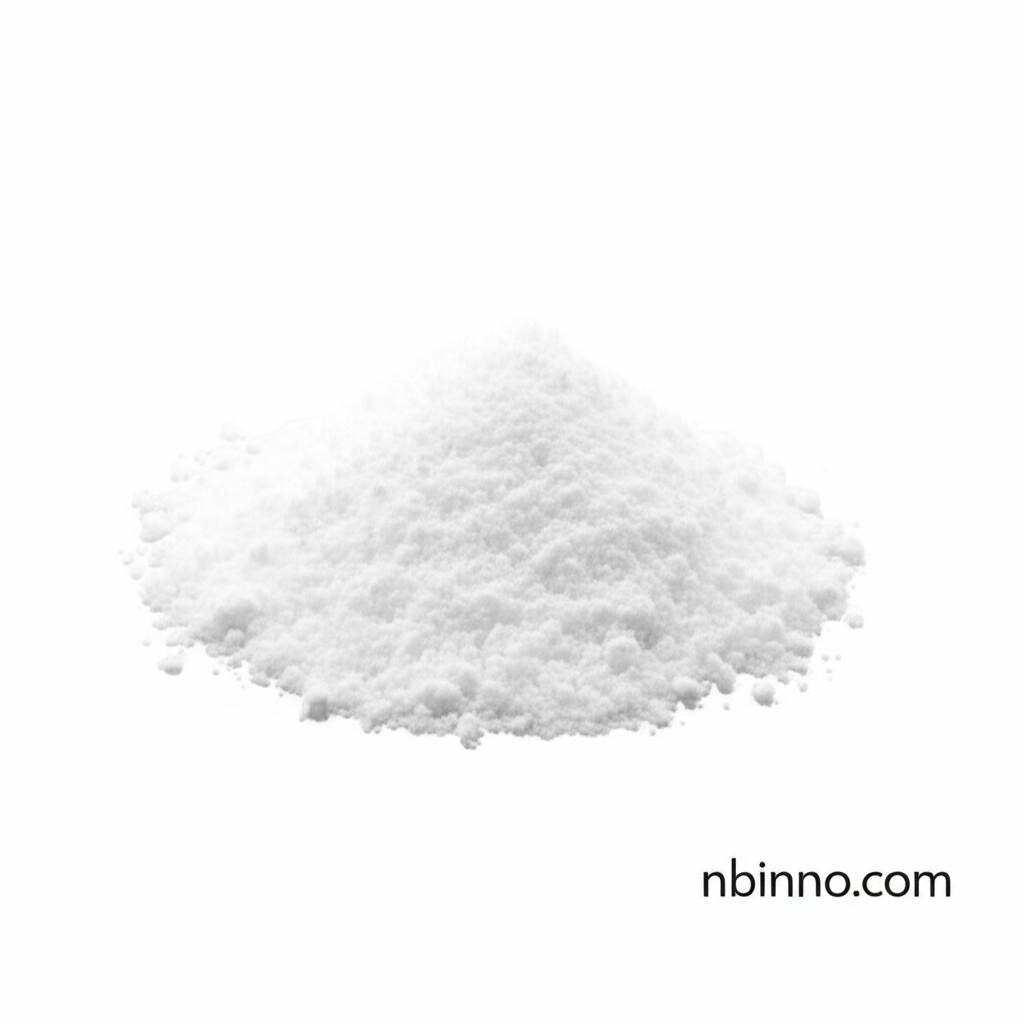Pyridine-2,6-dicarboximidamide Dihydrochloride: A Versatile Ligand for Advanced Chemical Synthesis and Research
Unlock new possibilities in catalysis and organic synthesis with this key chemical intermediate.
Get a Quote & SampleProduct Core Value

Pyridine-2,6-dicarboximidamide Dihydrochloride
This compound serves as a critical ligand in various chemical processes, most notably in nickel-catalyzed cross-coupling reactions. Its structure, featuring a pyridine ring with two carboximidamide groups, allows it to effectively coordinate with metal ions, thereby facilitating the formation of essential carbon-carbon bonds crucial for synthesizing a wide array of complex chemical compounds. This makes it an indispensable tool for researchers and chemists engaged in advanced organic synthesis and materials science.
- Explore the application of pyridine-2,6-dicarboximidamide dihydrochloride ligand in facilitating nickel-catalyzed cross-coupling reactions, a cornerstone for modern organic synthesis.
- Discover how this compound aids in the preparation of Sn-porphyrin derivatives, contributing to advancements in material science and molecular machines.
- Investigate the role of pyridine-2,6-dicarboximidamide dihydrochloride in reductive cross-electrophile coupling, enabling sophisticated C (sp2)-C (sp3) bond formations.
- Learn about the potential biological activities associated with this chemical synthesis building block, including antimicrobial and anticancer properties, opening avenues for pharmaceutical research.
Advantages Offered by the Product
Enhanced Catalytic Efficiency
Utilizing the pyridine-2,6-dicarboximidamide dihydrochloride ligand in nickel-catalyzed cross-coupling reactions significantly boosts reaction efficiency, leading to higher yields and purer products.
Versatile Synthetic Applications
As a key chemical synthesis building block, it enables the creation of diverse and complex molecules, proving invaluable in both academic research and industrial chemical production.
Potential for Biological Discovery
The compound's inherent biological properties make it an interesting subject for research into new antimicrobial agents and anticancer therapies, as well as enzyme inhibition studies.
Key Applications
Catalysis
Serves as a vital pyridine-2,6-dicarboximidamide dihydrochloride ligand in nickel-catalyzed reactions, enabling efficient cross-coupling for intricate organic synthesis.
Organic Synthesis
Acts as a fundamental chemical synthesis building block for creating novel compounds, including Sn-porphyrin derivatives and facilitating reductive cross-electrophile coupling.
Coordination Chemistry
Its ability to chelate metal ions makes it a valuable component in coordination chemistry studies and the development of new catalytic systems.
Pharmacological Research
Investigated for its potential biological activities, such as antimicrobial and anticancer effects, contributing to the search for new therapeutic agents.
